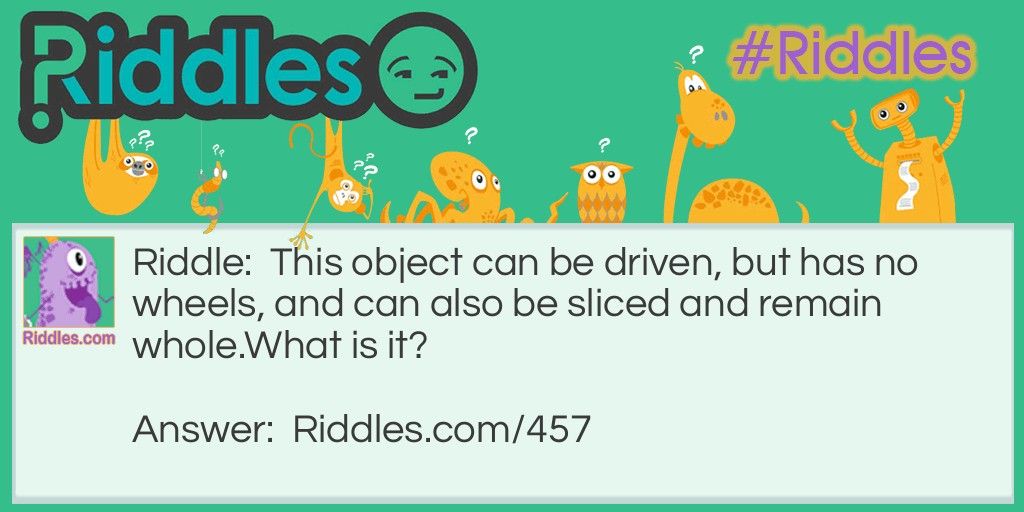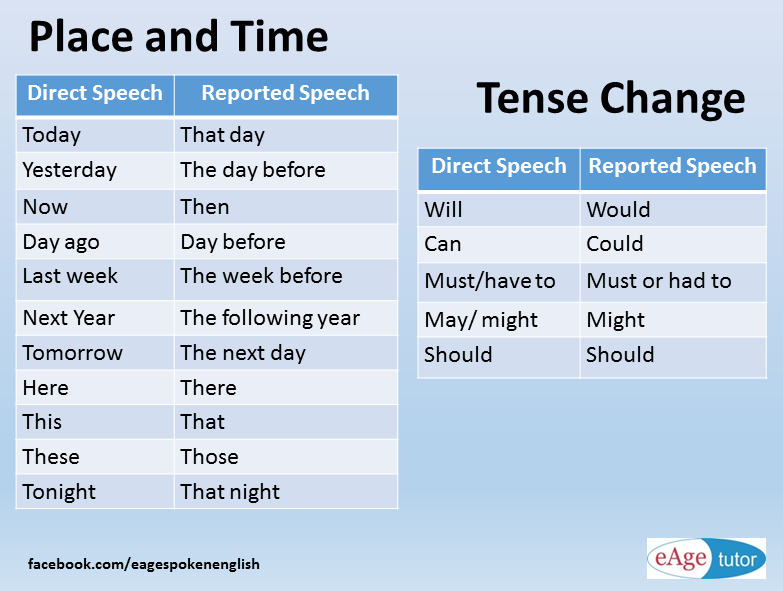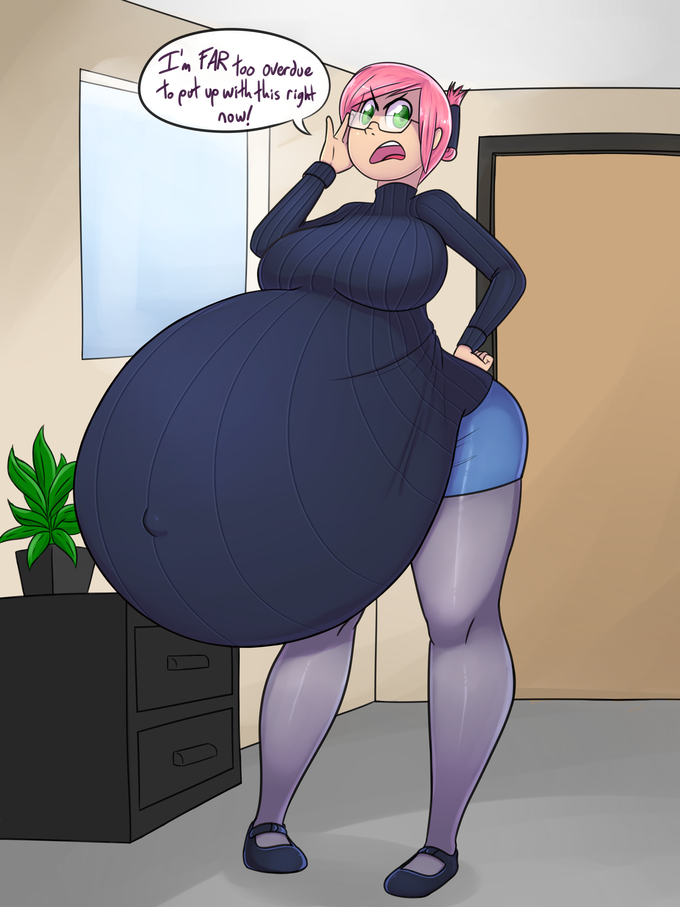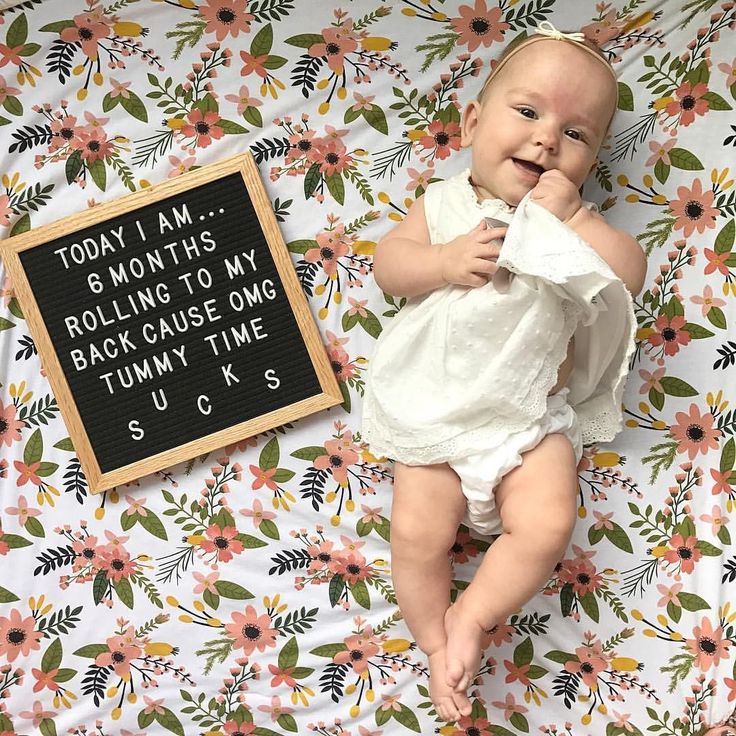Why do babies cry when they come out
What Does it Mean if My Baby Doesn’t Cry at Birth?
A baby’s cry at birth tells the medical team that their lungs are healthy. Often parents will hear a doctor praise their baby’s cry, but does this mean that a baby who doesn’t cry at birth is not as healthy?
The science behind crying
Apart from the signature sound of a baby’s cry, there are many non-vocal elements of crying as well. Although crying seems like a very simple action, it actually involves the coordination of several complex elements: the musculature of the face; airways; and the respiration system.
A 2005 study found that the non-vocal elements of crying actually develop in the womb. In the study, vibroacoustic stimulation (applying a sound and vibration stimulus to the mother’s abdomen) was presented to 10 fetuses in the womb, and all of them showed fetal crying behavior as a response. They showed inhale and exhale patterns that mimicked post-womb crying, and they grimaced or frowned in the womb. The study revealed that, at 20 weeks gestation, the fetus has all of the motor skill coordination necessary for the non-vocal part of crying.
Crying directly after birth
When babies are delivered, they are exposed to cold air and a new environment, so that often makes them cry right away. This cry will expand the baby’s lungs and expel amniotic fluid and mucus. The baby’s first official cry shows that the lungs are working properly. However, the cry may be delayed because of a number of different factors, including a difficult delivery, a nuchal cord, etc.
When to worry
If a cry is delayed, it may not necessarily mean that the baby is not healthy. Your doctor may try to stimulate the baby’s first cry by drying the baby off or suctioning fluid out of their mouth or nose, if it doesn’t occur naturally.
If a delayed cry is accompanied by other emergency signs, the baby should be given immediate medical attention. These other elements of the evaluation of a newborn infant are measured using the Apgar score.
The parts of the Apgar score are:
A – Appearance (skin color)
P – Pulse (heart rate)
G – Grimace (reflex irritability/response)
A – Activity (muscle tone)
R – Respiration (breathing ability)
Each of the criteria is scored 0 – 2 (two being the best), and the total is found by adding all 5 scores together. Your doctor will usually do an Apgar test at one and five minutes after birth. Another Apgar test may be given at 10, 15, and 20 minutes if the initial score is low.
The scores can be broken down by severity of needed intervention.
A score of:
0-3 baby is in critical condition
4-6 baby likely needs immediate medical intervention
7-10 baby is within normal range but should still be monitored
Though a score above 7 is considered normal, a recent study showed that Apgar scores of 7-9 could still be associated with adverse outcomes. A score below 10 should still be monitored, even if it’s in the 7-10 range.
Disclaimer
ABC Law Centers is not run by medical professionals or associated with a medical facility. The above information should not be taken as medical advice. Always contact a medical professional when you are experiencing any of the above symptoms or any other concerning symptoms of pregnancy.
Sources:
- Gingras, J. L., Mitchell, E. A., & Grattan, K. E. (2005). Fetal homologue of infant crying. Archives of disease in childhood. Fetal and neonatal edition, 90(5), F415–F418. doi:10.1136/adc.2004.062257
- Is It Possible for Babies to Cry While Still in the Womb?
- Here’s What You Need To Know If Your Baby Doesn’t Cry When They’re Born
Share This Post
Why Do Babies Cry At Birth? The Answer Will Probably Surprise You
Life
Shutterstock
by Jennifer Parris
There’s nothing like hearing that first cry after your baby is born to reassure you that everything is okay. But have you ever wondered why babies cry at birth? Is it because they’re unhappy that they had to leave the warm womb to face the cold cruel world? Turns out, the answer is truly miraculous.
That first cry can be music to a new mommy’s ears. It signifies that the baby’s lungs have begun functioning outside of the womb, which is integral to a baby’s survival. Remember, a baby “breathes” in utero via its mother's placenta. “When a baby is in utero, amniotic fluid fills the air sacs within the lungs,” Dr. Ana Machado, a pediatrician, explains to Romper. “As the baby is being born and squeezes its way through the vaginal canal, pressure on the chest wall compresses it to literally squeeze the fluid out of the lungs.” Think of a baby’s lungs as being a sponge full of water — once the baby is born, all of that water now has to be replaced by air.
And that’s why a baby’s first cry is so critical.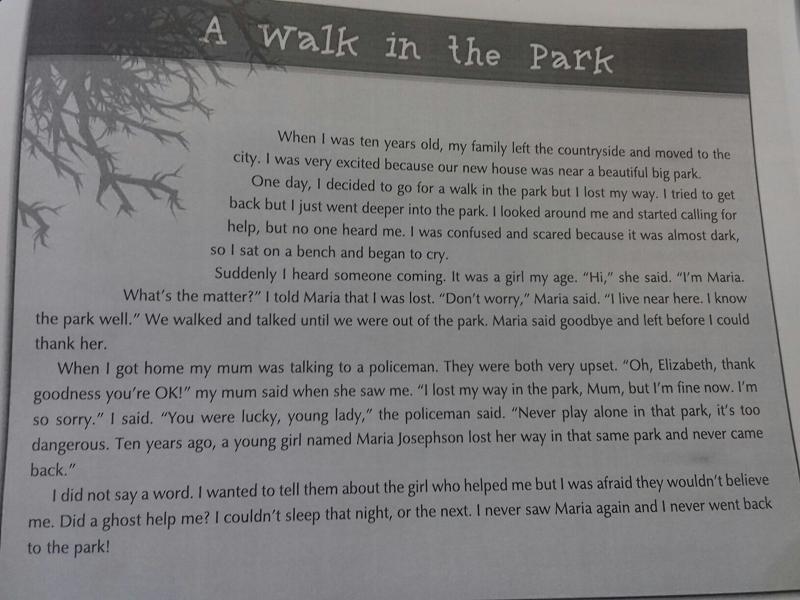 Says Dr. Machado: “It’s the first time that the lungs are actually being used to breathe air.” Although the first breath might be a short one, the exhalation of that breath (which is the baby’s first cry) tends to be longer, “because it’s the pressure forcing the air sacs open and getting that fluid out,” says Dr. Machado.
Says Dr. Machado: “It’s the first time that the lungs are actually being used to breathe air.” Although the first breath might be a short one, the exhalation of that breath (which is the baby’s first cry) tends to be longer, “because it’s the pressure forcing the air sacs open and getting that fluid out,” says Dr. Machado.
Your baby might not let out just one loud “wahhh” but several cries, depending on how much fluid he needs to expel from his lungs. “Your baby will cry as long as he needs to in order to start breathing normally,” says Dr. Machado. But if you thought that your baby cried at birth because he was upset that he had to leave his wonderful life inside the womb, think again. “Babies don’t cry initially because they’re complaining,” says Dr. Machado. “Within 5-10 minutes after birth, persistent crying could be a breathing issue, or sometimes, they are just cold.” Which is why there's always an infant incubator or radiant warming machine in delivery rooms, as a study in the journal Early Human Development explained. And once they’re all cleaned up, babies are also swaddled after birth to help prevent body heat loss — and keep them calm, too, according to the American Academy of Pediatrics.
And once they’re all cleaned up, babies are also swaddled after birth to help prevent body heat loss — and keep them calm, too, according to the American Academy of Pediatrics.
So how much crying can a mom expect from her newborn? “Ideally, you want to hear a couple of good cries,” says Dr. Machado. “Once they’ve opened up their lungs and they’re being soothed and warmed, then they’ll stop crying.” For the most part, a healthy newborn taking his first breaths will cry for about a minute or less. And your baby’s cries will be a part of his overall Apgar score (the R in Apgar is for “respiration”), reported Kids Health. The Apgar test is conducted one minute after birth, and then again 5 minutes later.
Although a newborn’s cries are what everyone is clamoring for in the delivery room, sometimes an OB might momentarily delay a baby’s first cry. If a baby passes meconium (i.e. baby poop) during labor or delivery, the labor and delivery team will work to clean the baby first before she takes her first breath so that she doesn’t accidentally inhale it. Breathing in poop can cause MAS (meconium aspiration syndrome), which can potentially lead to respiratory issues or even pneumonia, Parents reported. If there’s a risk that the baby has breathed in meconium —and she’s not very active— a doctor might use an endotracheal tube that’s inserted into the baby’s windpipe via her mouth or nose to suction out the poop, Kids Health stated. Then, they’ll stimulate the baby to get her to cry.
Breathing in poop can cause MAS (meconium aspiration syndrome), which can potentially lead to respiratory issues or even pneumonia, Parents reported. If there’s a risk that the baby has breathed in meconium —and she’s not very active— a doctor might use an endotracheal tube that’s inserted into the baby’s windpipe via her mouth or nose to suction out the poop, Kids Health stated. Then, they’ll stimulate the baby to get her to cry.
There’s a big difference from when your baby is delivered to when she takes her first cry. “When they’re born, they’re lifeless and purple,” says Dr. Machado. “And when they make that first cry, it’s like magic. They turn into a baby.” Suddenly, the baby goes from being purple to pink, and they start moving as well, even opening their eyes to see the world for the first time.
“Crying is the key to life,” says Dr. Machado. “It really is a miracle.” Now tell yourself that at 3:00 a.m. when your little miracle is, you know, full of life.
The baby cries when the mother leaves: what is separation anxiety and how to deal with it
For mothers, leaving a child for the first time with a nanny or relatives is no less stressful than for the baby himself. How long will he cry? What if he can't calm down? And what if they can't manage without me? This condition is called separation anxiety. Child psychologist Ksenia Nesyutina told us how to learn how to say goodbye correctly - so that both the mother is calm and the child does not have problems with attachment. nine0003
What is separation anxiety
People of all ages experience separation anxiety, parting, moving, ending certain stages of life. This is separation anxiety. Adults know how to deal with any breakup if they have developed the appropriate skill in childhood. Children with separation anxiety do not know how to emotionally cope. When they anticipate that their mother is about to leave, they begin to act up and cry. This condition is most pronounced in children aged from about one and a half to three years. Or it happens when the child begins to sleep separately: at night, he can run to the parent's bedroom for quite a long time to be close to dad and mom. nine0003
Or it happens when the child begins to sleep separately: at night, he can run to the parent's bedroom for quite a long time to be close to dad and mom. nine0003
But separation anxiety still begins with the parent, because while the children are small, adults also experience negative emotions at the thought of separation. As a result, the mother knows that she needs to leave, begins to worry, and these feelings are transmitted to the child.
Why is it hardest for children from one and a half to three years old
Because it is at this age that a child realizes that he and his mother are not a single whole. Mom is a separate person, just like himself. He understands this, among other things, thanks to changes in his desires. Previously, he just wanted to eat and sleep, but now he wants a new toy or go for a walk - and parents no longer always do what the child wants. He hears phrases like "No, dear, we have to go home" or "We already bought you a toy yesterday, come on another time. " This is where the awareness of oneself as a separate person begins. But along with this state, anxiety and fear may appear: "Since mom is a separate person, she can always leave or want something else, not fulfill my desire." The child begins to understand that he is not able to control other people, as he thought in an earlier period, when the needs were minimal and easily realized. nine0003
" This is where the awareness of oneself as a separate person begins. But along with this state, anxiety and fear may appear: "Since mom is a separate person, she can always leave or want something else, not fulfill my desire." The child begins to understand that he is not able to control other people, as he thought in an earlier period, when the needs were minimal and easily realized. nine0003
There is a stage in the development of a child - from about a year to a year and a half - when he begins to get carried away with the outside world
He already knows how to walk, take some things on his own - and begins to explore everything around. Some psychologists even call this period "romance with the world." Parents usually sigh with relief at this time: “Well, thank God, the child has grown up, now he doesn’t sit in my arms, finally I can rest in peace and go about my business.” It seems to mothers that the most difficult stage - up to a year, when the baby is constantly in her arms and constantly asks for something - has passed. nine0003 Photo: Shutterstock / Marys Poly
nine0003 Photo: Shutterstock / Marys Poly
However, after a few months, the child turns from a researcher into a person who does not let his mother go at all. It starts to seem to mom that something went wrong: only recently everything was fine, he let her go, played by himself, and then suddenly again like a little one, as if he was three months old. Parents may be angry at this, it may seem to them that they made a mistake somewhere or that the child is “broken”. But in fact, this is a normal stage of development, it just needs to be accepted. Anger or other negative emotions will not help the child cope with experiences, but will only complicate them. nine0003
What is the best age to start leaving a child with other adults
Starting at six months, you can leave your child with other adults, not with the mother. You can start with half an hour to increase this time to six or seven hours by the year. From this age, the child can gradually stay with his grandmother, nanny, dad - first for the whole day, then for a day, and then for several days. It won't be traumatic. If a child from an early age gradually gets used to the idea that he will not always be with his mother, then later it will be easier for him to accept separation and spend time on his own. nine0003
It won't be traumatic. If a child from an early age gradually gets used to the idea that he will not always be with his mother, then later it will be easier for him to accept separation and spend time on his own. nine0003
Can parents increase separation anxiety? For example, a mother constantly and suddenly disappears somewhere and leaves the child either with her grandmother, or with a nanny, or with a friend. It is important for a child to have confidence, a sense of constancy and not be afraid that a significant adult may disappear. It is important that the child knows when the mother leaves for work and returns from it. Irregular meetings increase anxiety. nine0003
Separation anxiety goes away on its own? Does she need to be treated?
If a parent is sensitive to the child, recognizes his emotions, helps to survive his feelings, treats everything calmly, does not get angry, does not deny - the anxiety goes away by itself. As a result, a person gradually learns to let go of something, to let something new into his life. It's sad to say goodbye, but everyone has to go through it and move on. It is good when this happens without damage to the psyche.
It's sad to say goodbye, but everyone has to go through it and move on. It is good when this happens without damage to the psyche.
It is worth contacting a specialist if sleep problems begin: for example, a child does not get enough sleep because he runs to his parents in the bedroom all night. In this case, the somnologist can suggest bedtime algorithms that reduce anxiety. Often, help in such situations is needed not only by the child, but also by the parent, because for some reason it is the parent who cannot act as a container of this anxiety: he does not have enough emotional strength. A psychologist is especially relevant for parents of preschool children: it is important for them to find the strength to process their fears and anxiety and help with this child. nine0003
Children who have never been able to get used to the emotions associated with parting may have difficulty with parting in the future: with places, activities, people. There are people who literally can't finish anything. If you study the situation, it often turns out that the moment of completion is simply too terrible for them. It is very difficult for such people to end and start relationships, training. All this happens because the experience of parting with a parent was not experienced very competently. Parents did not help to get used to the feeling "when someone comes and goes - this is normal." nine0003
There are people who literally can't finish anything. If you study the situation, it often turns out that the moment of completion is simply too terrible for them. It is very difficult for such people to end and start relationships, training. All this happens because the experience of parting with a parent was not experienced very competently. Parents did not help to get used to the feeling "when someone comes and goes - this is normal." nine0003
And if it is difficult for a child to part with things
This is also a form of separation anxiety. For a child, toys are, in a sense, an emotional piece of himself, so when this piece disappears, children become unpleasant. Any separation is hard to perceive at first, whether it is a move or a lost thing. That is why children on vacation often do not behave very well. They had to temporarily endure parting with something they were used to.
How to help your child cope with separation anxiety
- Be predictable and give your child a sense of stability.
 He must understand when you will return and when you will leave. So he can prepare for this process.
He must understand when you will return and when you will leave. So he can prepare for this process. - Recognize the child's emotions. Do not get angry, do not be nervous when the child cries at parting. React calmly to this: this is normal and not at all ashamed.
- Learn to deal with your own anxiety. If a mother has learned to do this, she will not say goodbye for half an hour, and then return to the child, canceling all cases if he burst into tears. If the mother cannot cope with her anxiety, how will she help the child? nine0059
- Say goodbye simply and quickly: kissed, waved to each other and parted. It is good if the child knows the substitute adult, often spends time with him: this way he will be more comfortable. It is doubly great if this adult knows how to calm the child and switch his attention.
- When leaving, do not wait until the child stops crying: this only delays the moment of farewell and increases anxiety.
- Make a to-do list with your child during your absence.
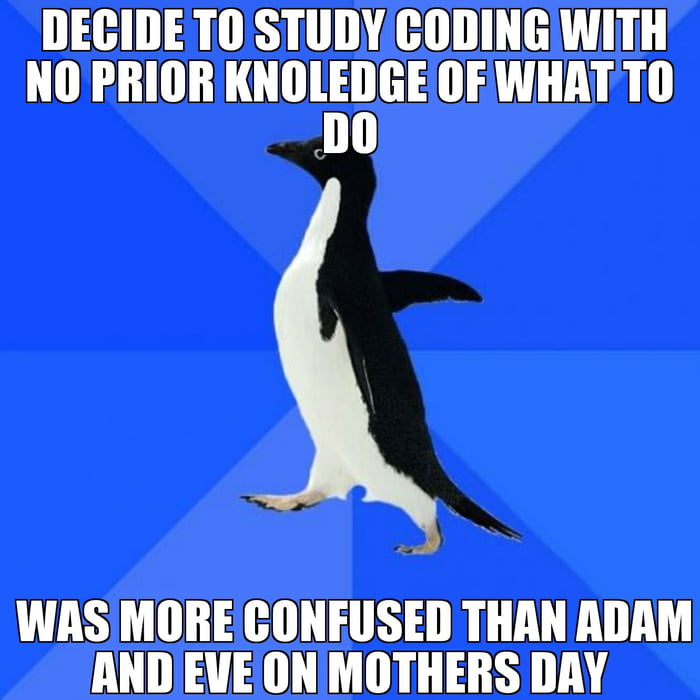 If the children know what they will be doing while their mother is not at home, they feel much calmer. You can literally say: “While I am gone, you will watch a cartoon and eat. And by that time I will be back.” This is especially important for the first breakups. nine0059
If the children know what they will be doing while their mother is not at home, they feel much calmer. You can literally say: “While I am gone, you will watch a cartoon and eat. And by that time I will be back.” This is especially important for the first breakups. nine0059
Cover photo: Shutterstock / Petrenko Andriy
Why does a child cry when he comes to kindergarten? To cope with a not so pleasant moment, parents need to be patient, and also know all the features of the nervous system of their child. In this article, together with the child psychologist of the children's clinic No. 7 of the City Clinical Hospital No. 7, Lyudmila Viktorovna Sibyakova, we will answer the questions: what parents need to know; how to explain to a child that attending a kindergarten is a prerequisite; how to go through the adaptation in a fairly calm mode? nine0003
- Lyudmila Viktorovna, please tell us how to speed up the process of a child's adaptation to preschool?
- Parents should understand that there is no way to speed up the process of adaptation, because complete adaptation to a new environment occurs after two or even three months.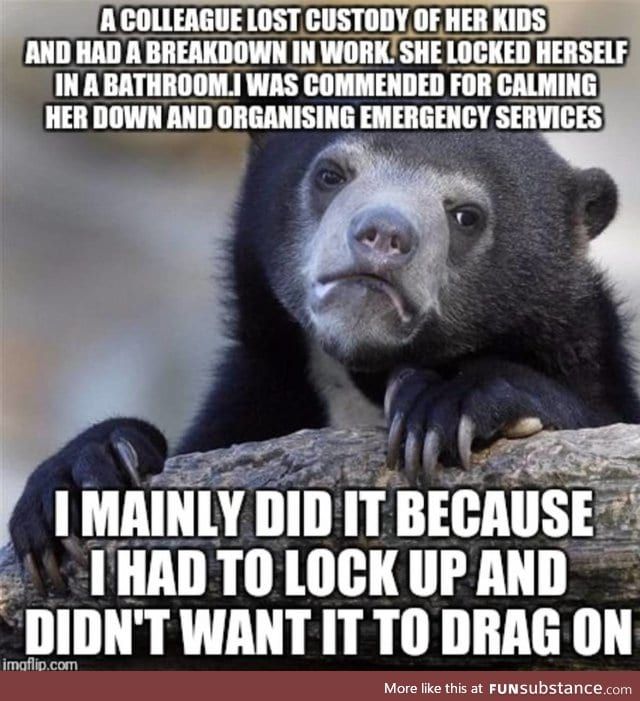 Consequently, parents should gain strength and come to terms with the fact that the child, throughout the entire period of adaptation, can be capricious and organize protests in order not to attend kindergarten. nine0003
Consequently, parents should gain strength and come to terms with the fact that the child, throughout the entire period of adaptation, can be capricious and organize protests in order not to attend kindergarten. nine0003
Since every child is different, some babies start crying in the preschool as soon as one of the parents hides behind the doors, and calm down after a short time. Some continue to cry throughout the day, while others become completely ill. Psychologists believe that a child's illness is a form of protest against an environment that is still completely unfamiliar to the child. The child is very difficult to endure parting with mom or dad. However, this fact can go almost unnoticed if the child is satisfied with the kindergarten environment. But if the kid has set himself up on a psychological level that this situation is very negative for him, then he will throw tantrums every day when parting with his parents. nine0003
Experts believe that there is a fairly logical explanation for the question why a child cries when he comes to kindergarten. The main problem is the fear of the baby that he was brought to the kindergarten and will not be taken away. If the child is quickly distracted from this thought, then throughout the day he will be calm, but if he constantly remembers this, he will constantly cry, and also ignore all the instructions of the teacher. This is the so-called protest.
The main problem is the fear of the baby that he was brought to the kindergarten and will not be taken away. If the child is quickly distracted from this thought, then throughout the day he will be calm, but if he constantly remembers this, he will constantly cry, and also ignore all the instructions of the teacher. This is the so-called protest.
- Can a child's crying be harmful to him? nine0082
- Why does the child cry when he comes to kindergarten? How to recognize unhealthy crying in a baby? How to deal with constant hysteria upon arrival at preschool? All these questions are often asked by parents.
Children's crying must be dosed, for example, in case of severe tantrums, the child must be calmed immediately. It is known that the crying of a baby, which lasts more than 20 minutes, can harm the child's psyche and significantly affect the health of the baby. This problem can arise not only after going to kindergarten, but also in any other situation. Children quickly get used to the fact that the only way to get what they want is by crying. If a child cries for more than 20 minutes, he can experience a lot of problems throughout his life, as he gets the impression that no one will come to his aid and help him out in a difficult situation. Prolonged tantrums can destroy the brain, as a result of which problems may arise in studies and in further endeavors. nine0003
Children quickly get used to the fact that the only way to get what they want is by crying. If a child cries for more than 20 minutes, he can experience a lot of problems throughout his life, as he gets the impression that no one will come to his aid and help him out in a difficult situation. Prolonged tantrums can destroy the brain, as a result of which problems may arise in studies and in further endeavors. nine0003
When a child cries, his body starts to produce a hormone that is responsible for stressful situations, it is called cortisol. The hormone is produced by the adrenal glands. It is this hormone that can harm the nervous system of the baby. The longer the tantrum in the baby, the more the hormone is produced in the body of your child and there is a threat of damage to nerve cells. However, this does not mean at all that a child should never cry or that parents should worry all the time. You just need to stop crying that lasts a long time. nine0003
- When should you not send your child to kindergarten?
- If you want to enroll your child in a kindergarten, parents should know that boys who are three to five years old are subject to more problematic adaptation than girls of the same age. For a child, a very difficult period of three years, because it is at this age that the first age crisis occurs. The child begins to form independence, the child begins to show everyone around him his "I". During this period, the baby begins to demand from parents the possible and impossible. As a rule, such demands are accompanied by intense crying in kindergarten, tantrums and scandal. nine0003
For a child, a very difficult period of three years, because it is at this age that the first age crisis occurs. The child begins to form independence, the child begins to show everyone around him his "I". During this period, the baby begins to demand from parents the possible and impossible. As a rule, such demands are accompanied by intense crying in kindergarten, tantrums and scandal. nine0003
Toddlers between the ages of three and five experience separation from their mother quite hard, since it is at this period of their age that the connection with their parents is very strong and strong. Breaking some kind of connection is quite risky and time-consuming. If the child had a period of age-related crisis that went unnoticed, then after breaking the constant connection with the mother, the baby may begin to show all the features of the crisis in a rather severe form.
- Lyudmila Viktorovna, please give me some advice to make the baby's adaptation period easier. nine0082
- Each child is endowed with his own personal characteristics of the nervous system, so each child adapts to kindergarten in different ways. Some children cry when they come to kindergarten, and some calmly endure the innovation in their usual life.
Some children cry when they come to kindergarten, and some calmly endure the innovation in their usual life.
To make it a little easier for the child to go through the adaptation period and not cry when he comes to kindergarten, you need to go to the institution with his parents. Thus, the child will be able to get to know peers and get acquainted with their activities. It is impossible to leave the baby for the whole day from the first time, since the nervous system will take a very powerful blow and in the future the baby will begin to cry when the parents leave. nine0003
Mom or dad needs to visit the kindergarten together with the baby and stay in the children's environment. The child will not worry if one of the parents is next to him. During the walk of the rest of the kids, you can bring your child and invite him to take a walk with them, while you wait for him on the sidelines. It is also necessary to bring the baby to the kindergarten in the evening, so that the baby is convinced that all the kids are taken by their parents. The kid must understand that they will come for him, no one will leave him in the kindergarten. nine0003
The kid must understand that they will come for him, no one will leave him in the kindergarten. nine0003
The child should not see how other babies cry, so you should not take the baby to kindergarten in the morning, for example, bring him an hour later. This rule must be followed for the first week. Also, at first, the child may refuse breakfast in the kindergarten, therefore, he needs to be fed at home.
For the first week, you can stay with the baby in a group so that he understands that nothing bad will be done to him and he is safe. You do not need to stay all day, you can just stay until the morning walk, and then go home. It is worth gradually increasing the time spent in the garden. Only in the second week, you can offer the baby to stay in the kindergarten on his own, but not for the whole day, but, for example, until lunch. Starting from the third week, you should start leaving the baby for the whole day. Be sure to tell the baby that in the evening you will come for him and take him home.